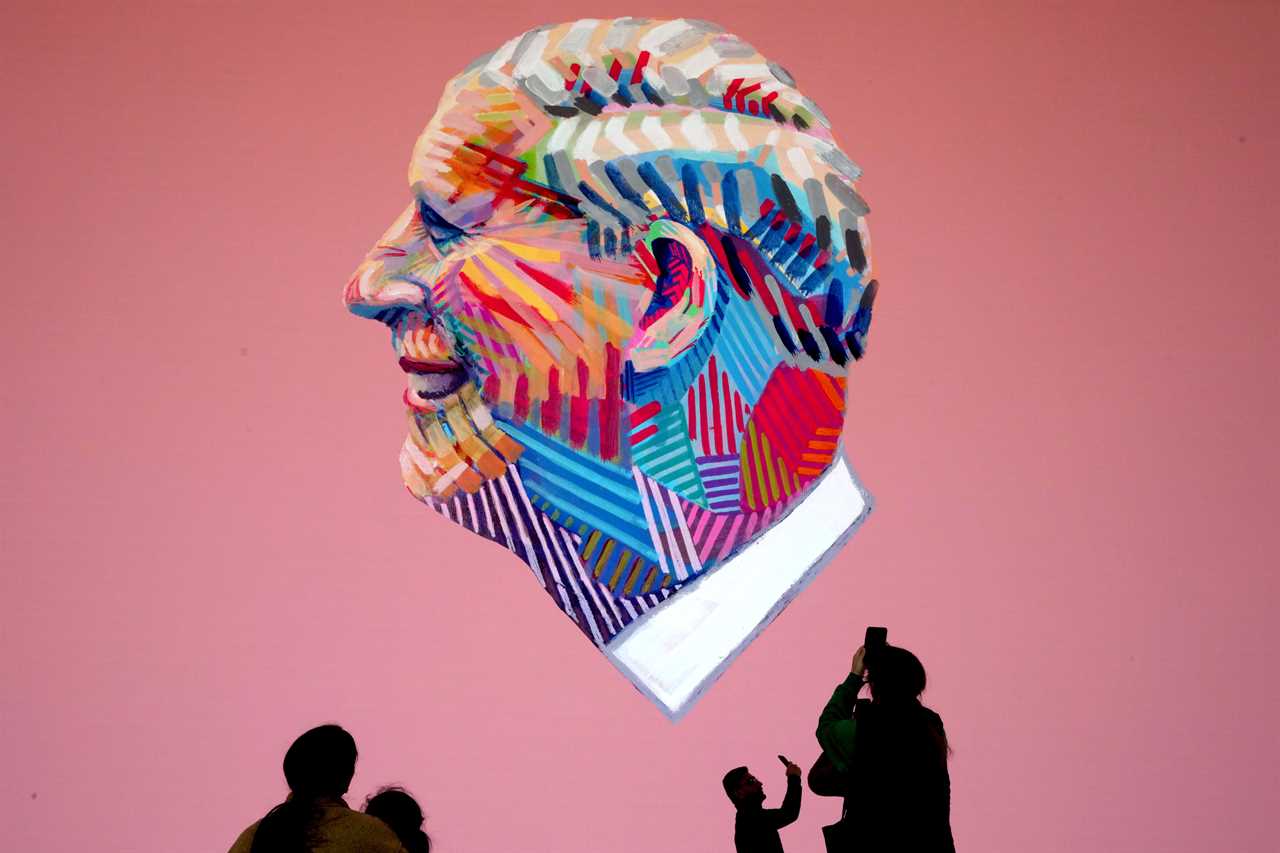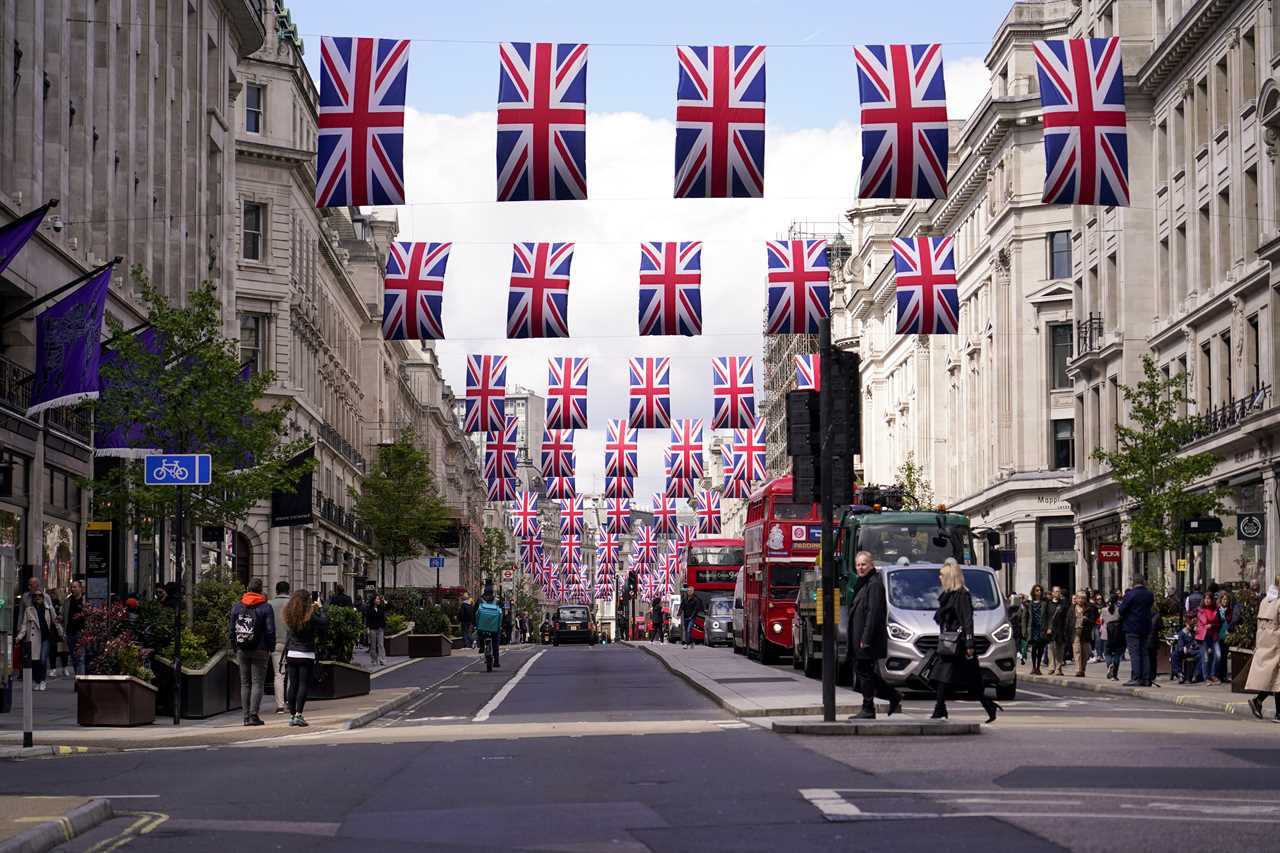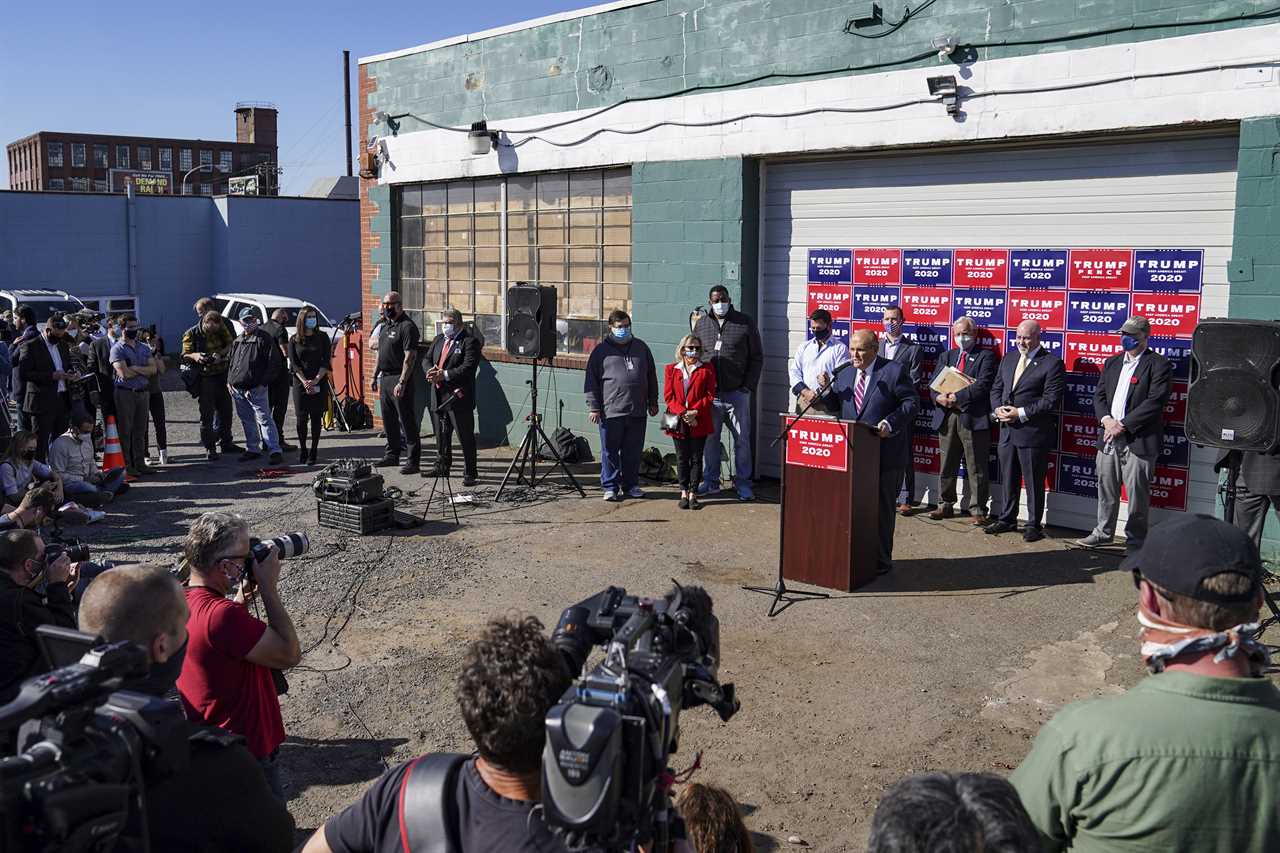
For several years, my tactic for navigating debates about the tedious younger members of Britain’s royal family (Did you see the Harry interview? Isn’t William awful?) has been to align myself with their dad.
I’m not interested in being pro-this kid or anti-that kid. I’m pro-Charles.
That stance usually draws a puzzled reaction, and reasonably so. Who in the United States feels enthusiasm for the new king? Americans who care about him usually dislike him. Far more people are focused on the War of the Sussexes.
The funny thing is, I mostly mean it.
The monarchy is a silly institution, no matter how hard Netflix tries to convince Americans that it performs a vital social function. But if Britain is determined to invest this web of dysfunctional personalities with quasi-spiritual meaning, then surely it’s better to have a monarch who also cares about some issues that matter.
In Charles there is a king who cares deeply about climate change, the most important political issue of our time. Would any of his siblings have talked about net-zero goals from the throne?

That argument usually gets some heads nodding. Not energetic agreement, but a version of: Well, that’s fair enough.
The political reporter in me cannot help admiring King Charles III for another reason, and that is his sheer durability as a public figure over decades of humiliation (much of it self-inflicted) and seething public scorn.
In this respect he is a fitting monarch for our times.
We live in a golden age of male political endurance. It is a trait the 74-year-old Charles richly embodies: not merely longevity, but rather a kind of stubborn resilience that slowly heals political wounds and obscures personal shortcomings with the passage of time.
In America we are surrounded by men who have defied the political actuarial tables and weathered hard years of ridicule to claim great power late in their lives. Chief among them are Joe Biden and Donald Trump, two old men who have been prematurely buried many times over by people who took them less seriously than they deserved.
They have so much company: Bernie Sanders, once a perennial candidate in Vermont and now the leader of a mighty national movement at 81; Mitt Romney, driven out of Massachusetts and defeated in a presidential election, entering his late 70s as a trumpet of moral clarity on the right; Jerry Brown, the quirky “Governor Moonbeam” of the 1970s, now at 85 an admired statesman issuing stark warnings about the U.S.-China relationship.
This brand of political tenacity is not exclusively male. It was in her 80s, a dozen years after being thrown out of the speakership for the first time, that Nancy Pelosi enacted some of the biggest climate, tech and social-welfare laws in modern times, sealing her status as the most productive legislative leader in generations. But in our society, there is no question this kind of staying power is far more readily granted to men. Seldom is a man in his 50s asked if he is past his prime.
Endurance is not a trick that anyone can pull off just by hanging around. The political scene is littered with men who missed their exit cue decades ago and lost the chance to make a dignified end to their careers. Consider Rudy Giuliani, now fixed in memory as the shuffling front man of the Four Seasons Total Landscaping news conference and other self-abasing stunts. Hair dye will be running down his flushed face for generations in the public mind.
It helps to carry yourself with dignity as you age.

It also helps to be very right about one or two big things — to have some genuinely good ideas that validate your judgment and intellect over time.
In Charles’s case, that idea has been environmental sustainability. For much of his lifetime, that was treated as a niche preoccupation, the stuff of aging hippies and public-television liberals. There was no political benefit to be drawn from caring about organic farming or the problem of plastic waste. (“I was considered rather dotty, to say the least,” Charles recalled in 2020.)
The global political consciousness has moved in his direction, with the widespread recognition now that averting climate catastrophe is a singular governing challenge in this century.
When his mother died last fall, the question raised was not how the UK would cope with having an amateur farmer on the throne, but rather who would take up the cause of conservationism once Charles assumed an ostensibly apolitical role.
The issue functioned in a similar way for Jerry Brown. Decades after his green mindset and new-age vernacular helped make him a cartoon character to many Americans (back when he was meeting with a young Prince Charles in Sacramento) Brown returned to office in 2011 as a vindicated seer.
Sanders moved from the activist periphery to the center of power with a resounding message about economic inequality. Biden shed his image as a Sunday-show blowhard — mocked by Obama administration colleagues, derided by Robert Gates as having been wrong on every major national security issue — with a campaign anchored in sincere alarm about the health of American democracy.
Of course, some stains are harder to erase than others.
I was born after Charles’s wedding to Diana Spencer; I have no firsthand memory of her emergence as a global cultural phenomenon or their separation or her death. She died when I was 11, but the royal family was not an important subject in my home. I was not immersed in the feelings of outrage and betrayal shared by many American observers of the monarchy.
I am old enough, though, to remember Charles’s post-divorce years as a heel in American discourse: tittering headlines on the Drudge Report about his remarriage to Camilla Parker-Bowles, his passion for exotic-sounding fuels, speculation that the succession might skip a generation and go straight to William and so on.
Charles is no longer a target of relentless mockery and scorn. His presence is sought after at climate conferences, his ideas about religion and agriculture are parsed as matters of public interest. Biden’s decision not to attend the coronation was covered in the U.K. not as an embarrassment for a hapless new king, but (amusingly) as an act of disrespect by an Irish-American president.
The king’s later life is a bit of an inversion of that line from the Batman movies: You either die a villain or live long enough to see yourself depicted as a complex character by Dominic West.
It has helped Charles that he is virtually immune to public opinion. He cannot be voted out of office or censured. None of the U.K.’s major parties is eager to abolish or overhaul the monarchy. His version of endurance is not a model most leaders can follow.
But breaking royal taboos against scandal and divorce and surviving decades of demonization in the media to become a more or less conventionally accepted monarch is not a small accomplishment. Doing that while earning a measure of respect for your social and environmental values is a real feat.
Preserving that fragile image on the throne will be a different challenge. It is one Charles appears as well equipped to meet as any 74-year-old man alive.
Still, there is a reason why the anthem asks that God save the king.
----------------------------------------
By: Alexander Burns
Title: Yes, the Monarchy Is Absurd. So Why Can’t I Quit King Charles?
Sourced From: www.politico.com/news/magazine/2023/05/05/king-charles-coronation-day-political-reporter-analysis-00094885
Published Date: Fri, 05 May 2023 03:30:00 EST
Did you miss our previous article...
https://consumernewsnetwork.com/politics-us/illinois-bans-all-books






